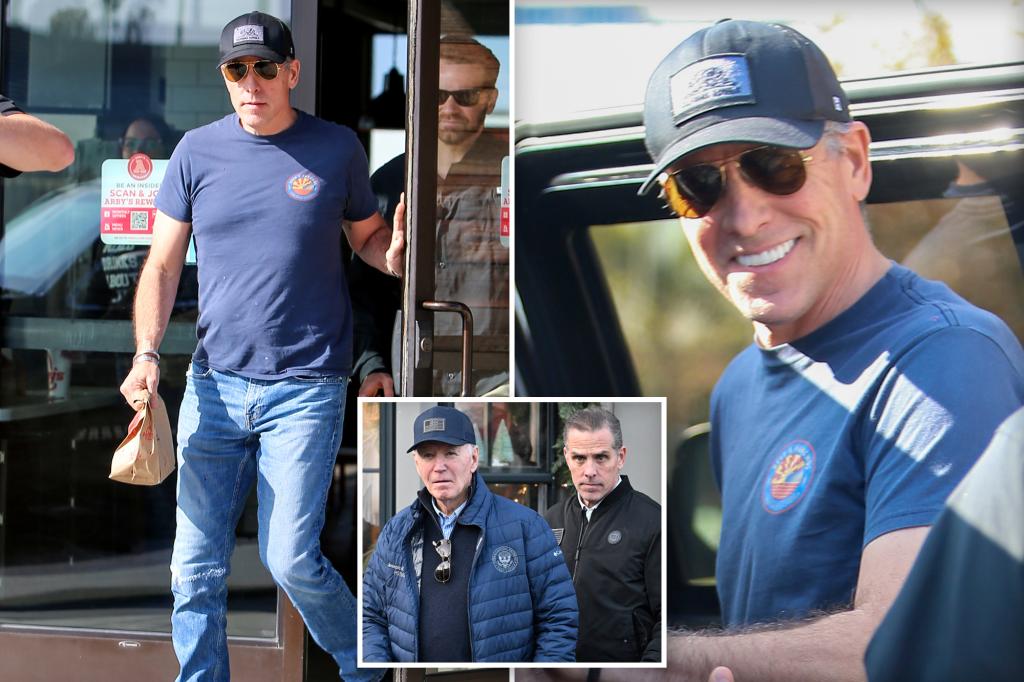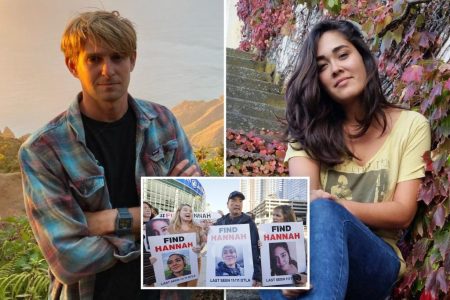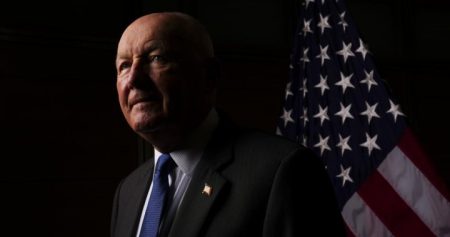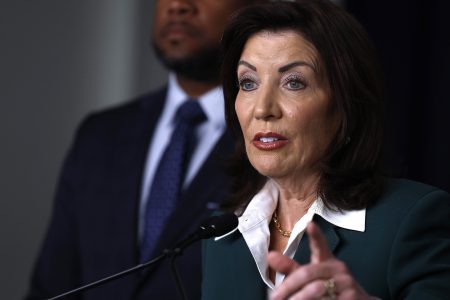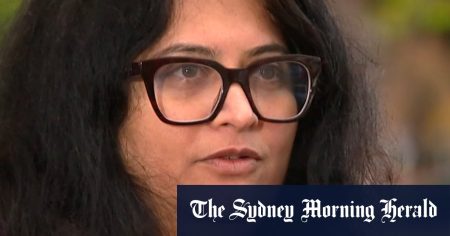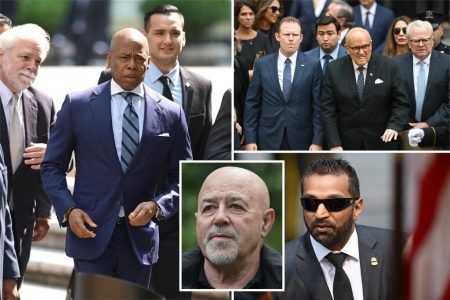In a notable public display, Hunter Biden was recently photographed exiting an Arby’s in Ventura, California, with a takeout bag in his hand, shortly after being granted a controversial pardon by his father, President Biden. Dressed casually in a surf-shop t-shirt, blue jeans, and gold aviator sunglasses, Hunter was accompanied by Secret Service agents, highlighting his status as the President’s son. This casual outing follows a significant legal development, reflecting both Hunter’s personal challenges and the political ramifications of his father’s commitment to assist him in the midst of legal scrutiny and criticism.
Just days prior to this lighthearted outing, President Biden issued a sweeping pardon for Hunter, erasing any potential legal repercussions from offenses committed between January 2014 and December 2024—including uncharged crimes. This unexpected move came despite the White House’s previous assertions that Hunter would not receive a pardon, raising eyebrows over the timing and implications of such a decision. Hunter, who has faced considerable public scrutiny and legal challenges, including a plea deal for unpaid taxes and gun charges stemming from his struggles with addiction, appeared to be buoyed by the pardon, allowing for a moment of levity amidst his ongoing legal battles.
Hunter has been dealing with serious legal issues; he pleaded guilty to nine counts related to failing to pay $1.4 million in taxes and faced gun possession charges, with a sentencing scheduled soon after the pardon. The President’s decision to grant a blanket pardon has been positioned as a move to confront perceived injustices, as he claimed that Hunter had been “treated differently” by the Justice Department compared to others who might have faced similar allegations. This gesture intends to depict a narrative of a father defending his son against systemic bias instead of an act of political favoritism.
The response from legal authorities has been quick and pointed. Special Counsel David Weiss, appointed to oversee Hunter’s investigations, rebuffed claims of selective or vindictive prosecution. Weiss firmly stated that there is no evidence supporting Biden’s assertions and reaffirmed the integrity of the legal processes involved. His statements highlight the tension between the President’s paternal instincts and the established judicial facts regarding Hunter’s legal troubles, marking a challenging intersection of family loyalty and proper legal proceedings.
The President’s assertion of bias within the legal system raises questions about fairness and accountability in legal practices, particularly concerning high-profile figures. The special counsel’s rebuttals synthesize the complexities of Hunter’s situation, underscoring a broader conversation about justice and privilege in America. Weiss indicated that the court had also previously dismissed similar claims made during legal proceedings, reinforcing the validity of the prosecution’s efforts without bias or discrimination.
Adding intrigue to the narrative, reports suggested that Hunter was occupied with a film project about his life during the announcement of his pardon, a production backed by Hollywood lawyer Kevin Morris. This detail underscores the dichotomy of Hunter’s reality—balancing his artistic endeavors while navigating significant legal hurdles against the backdrop of family politics. Ultimately, Hunter Biden’s recent legal and social media activities reflect a tumultuous chapter in an ongoing saga that combines personal struggle, public intrusion, and political contention.




